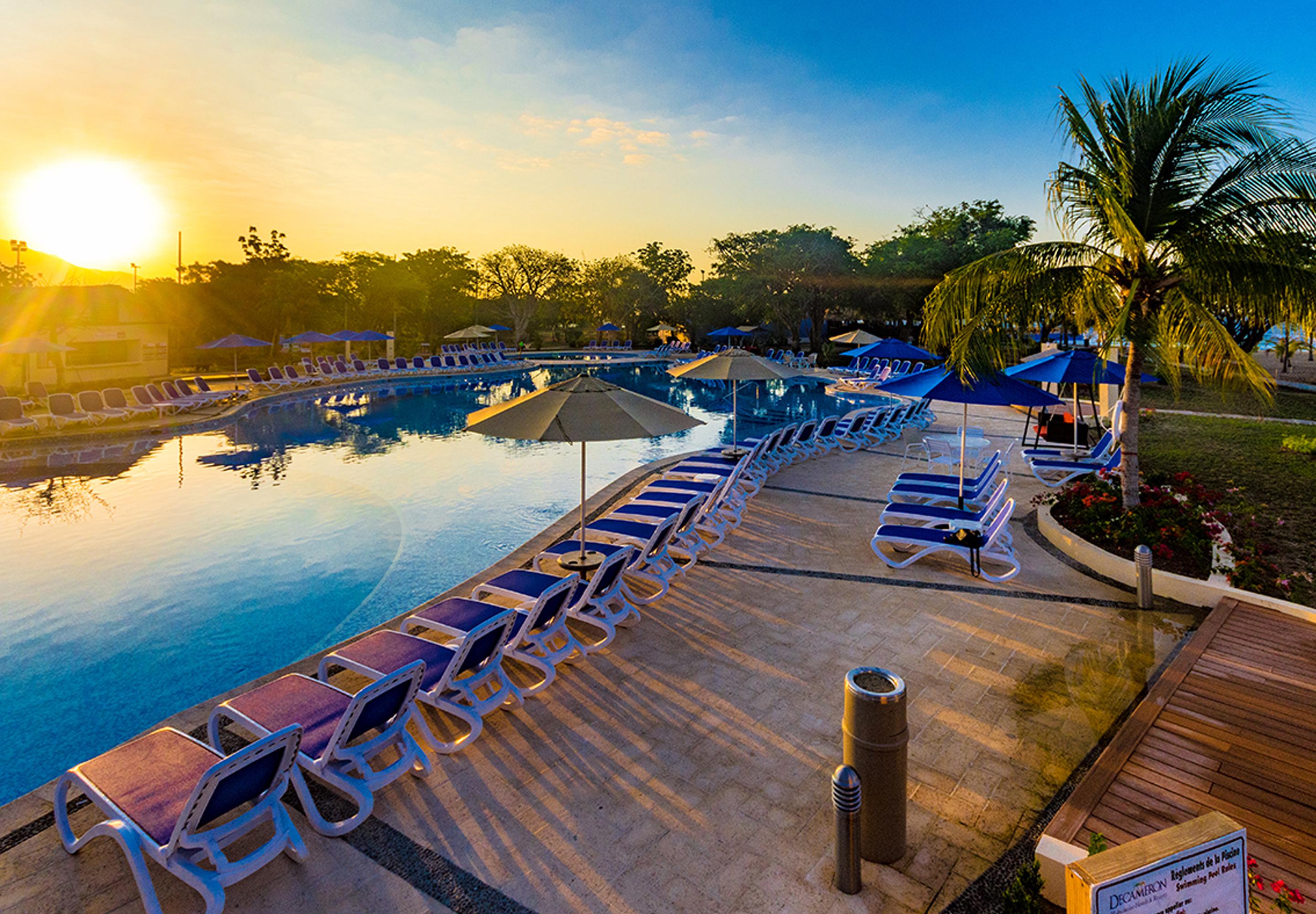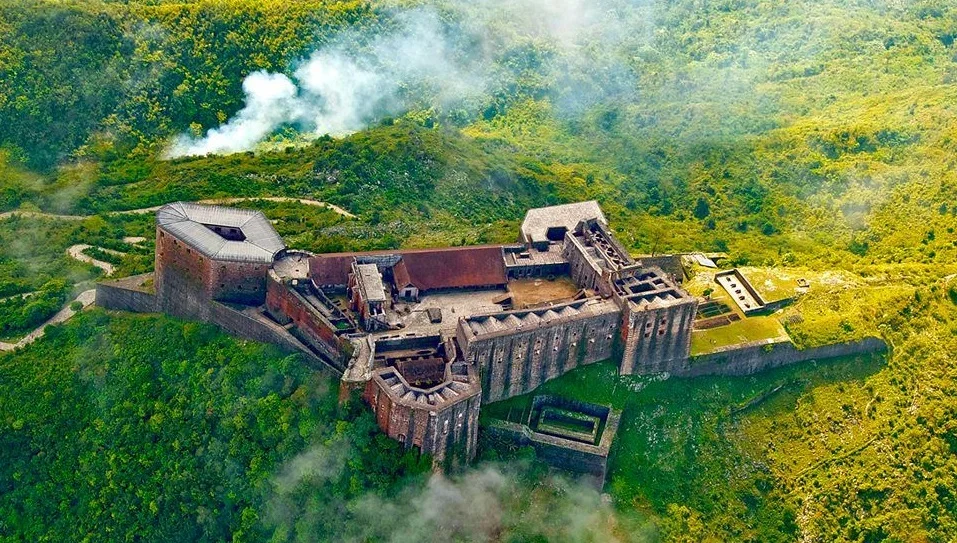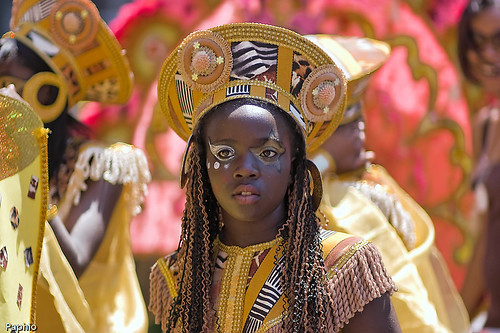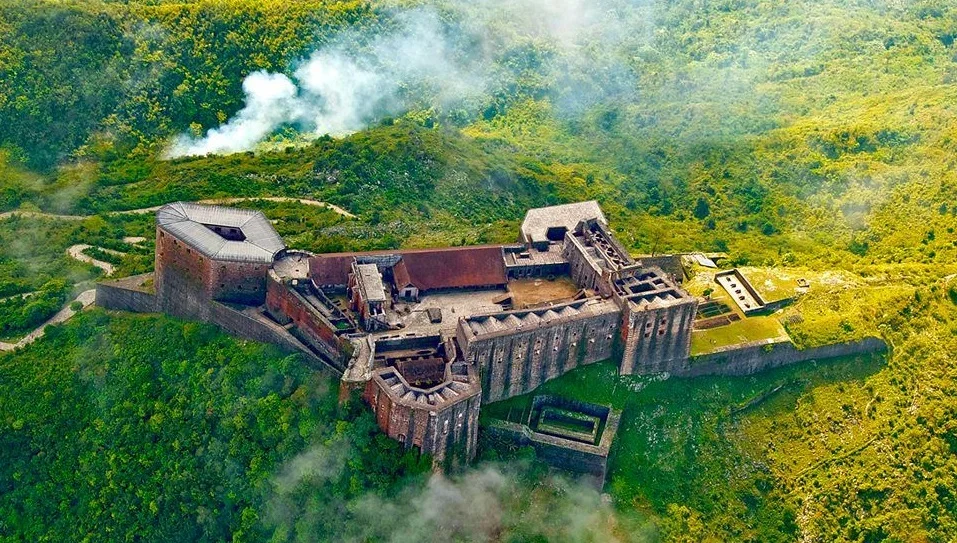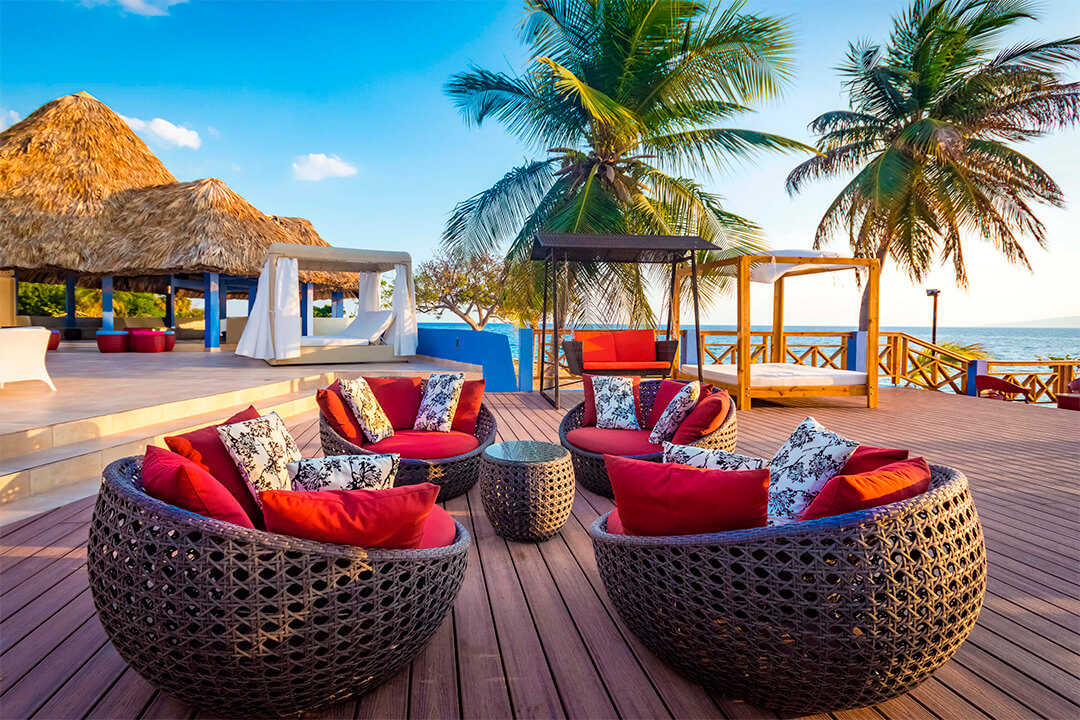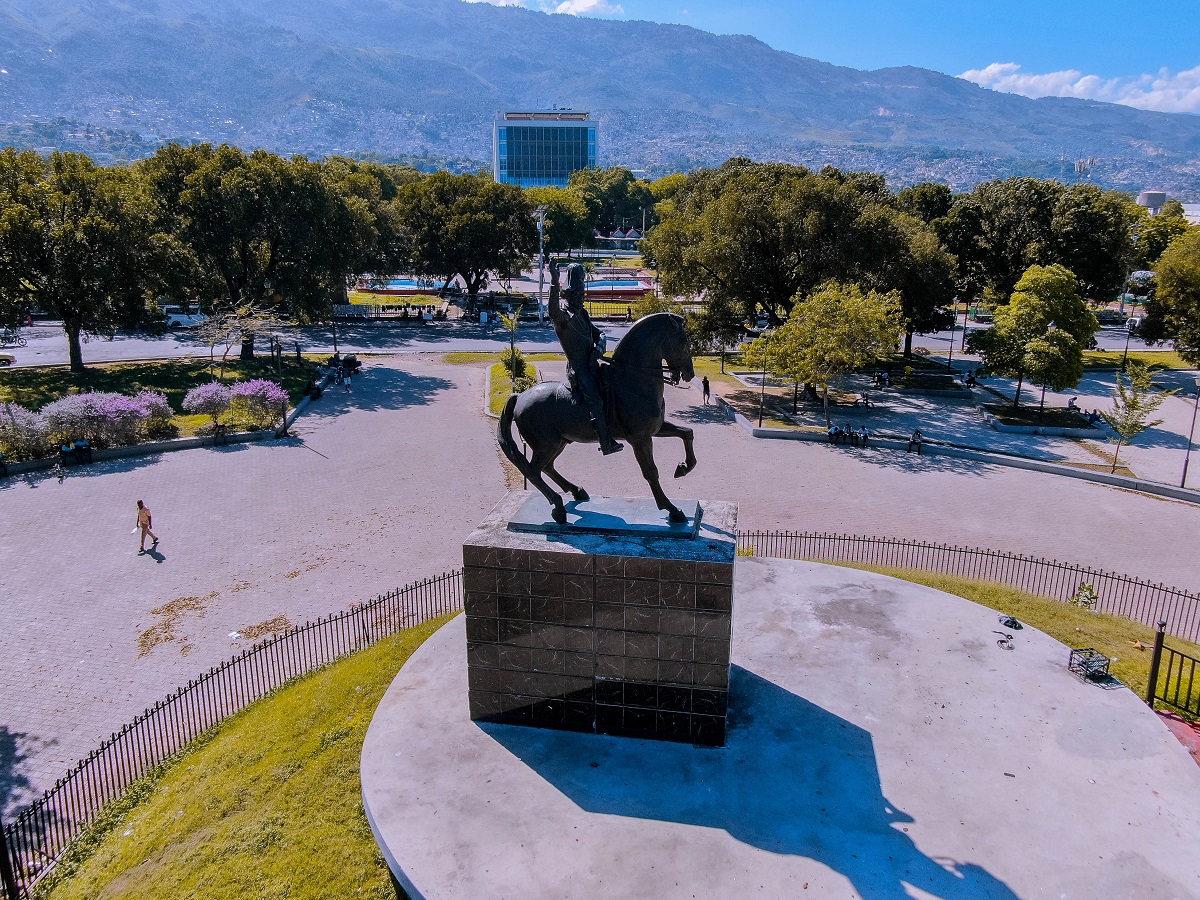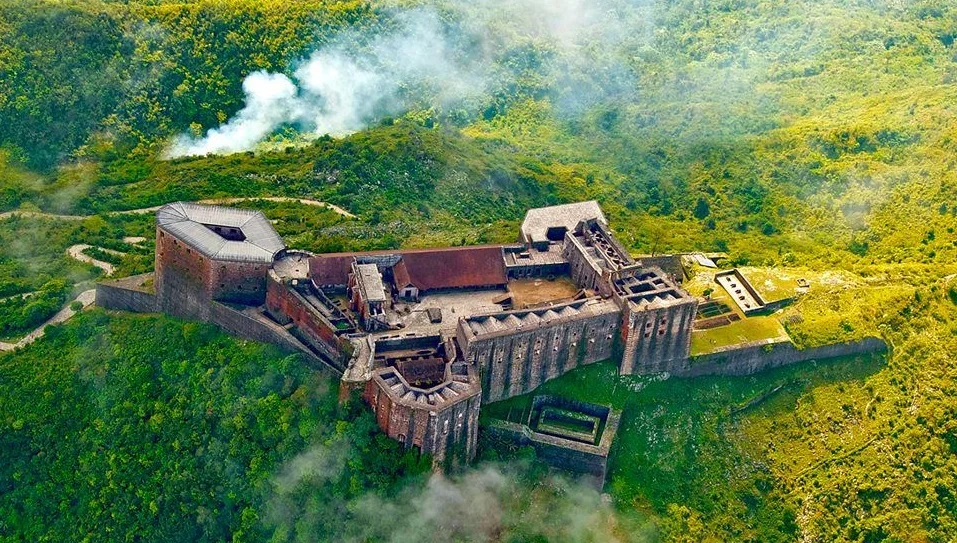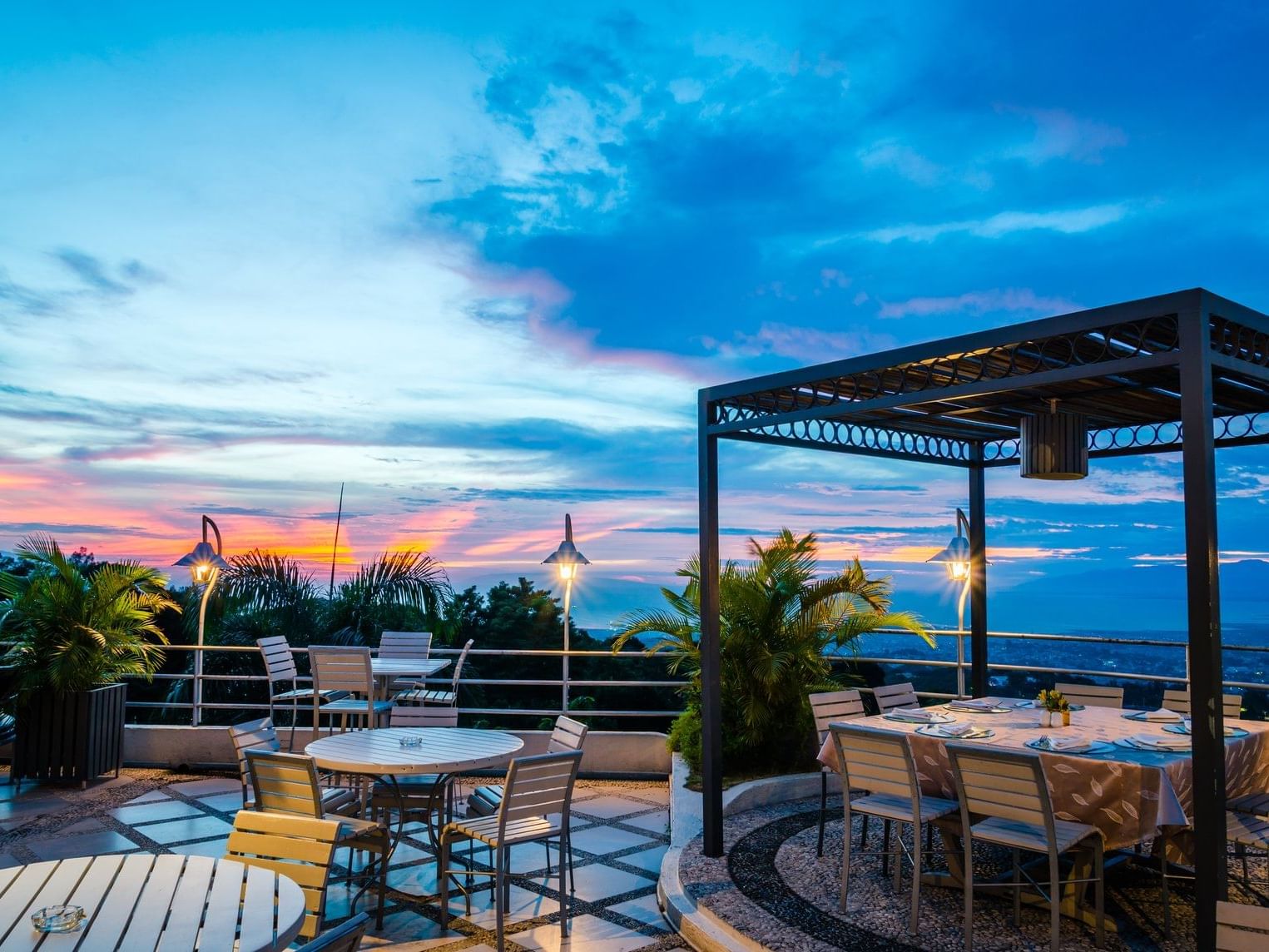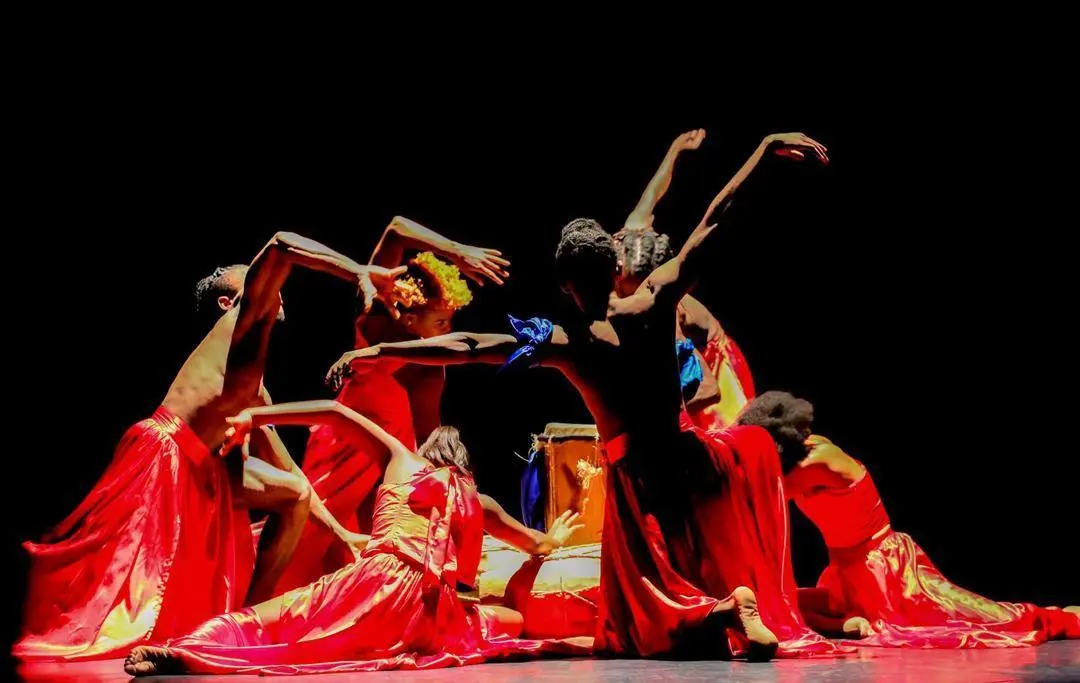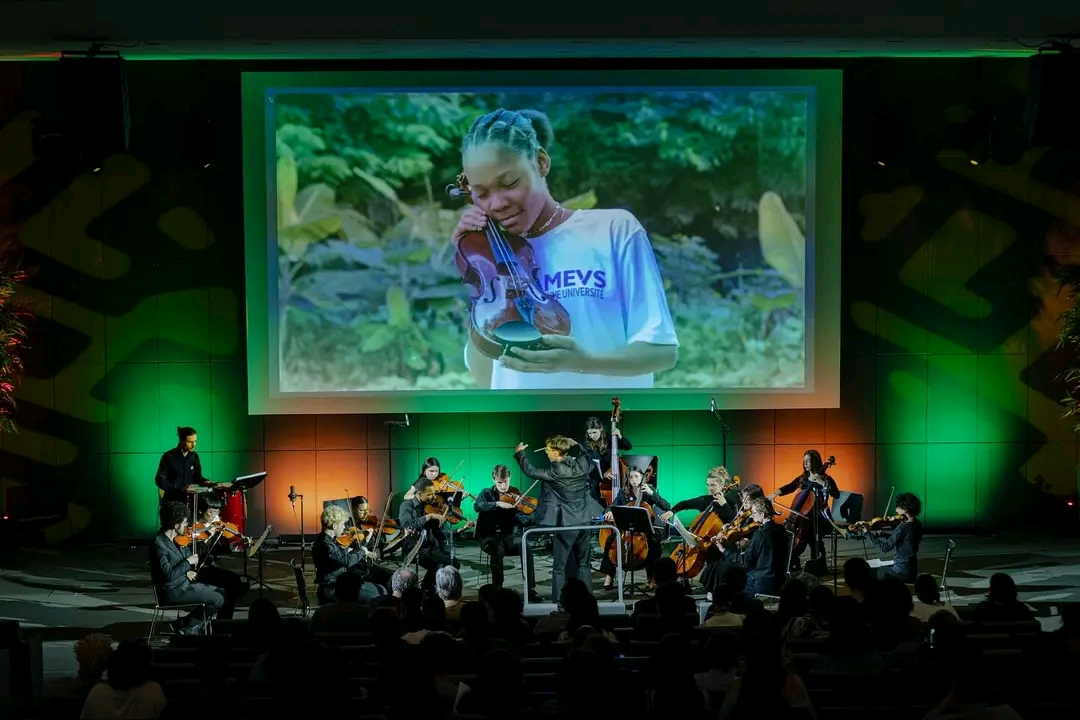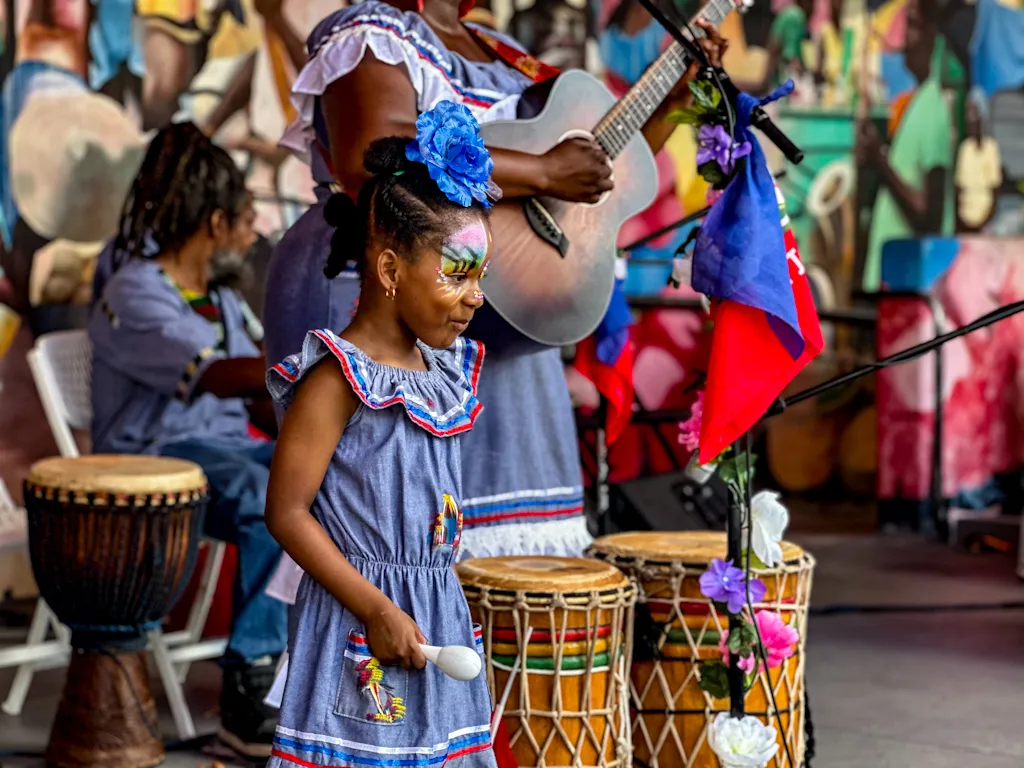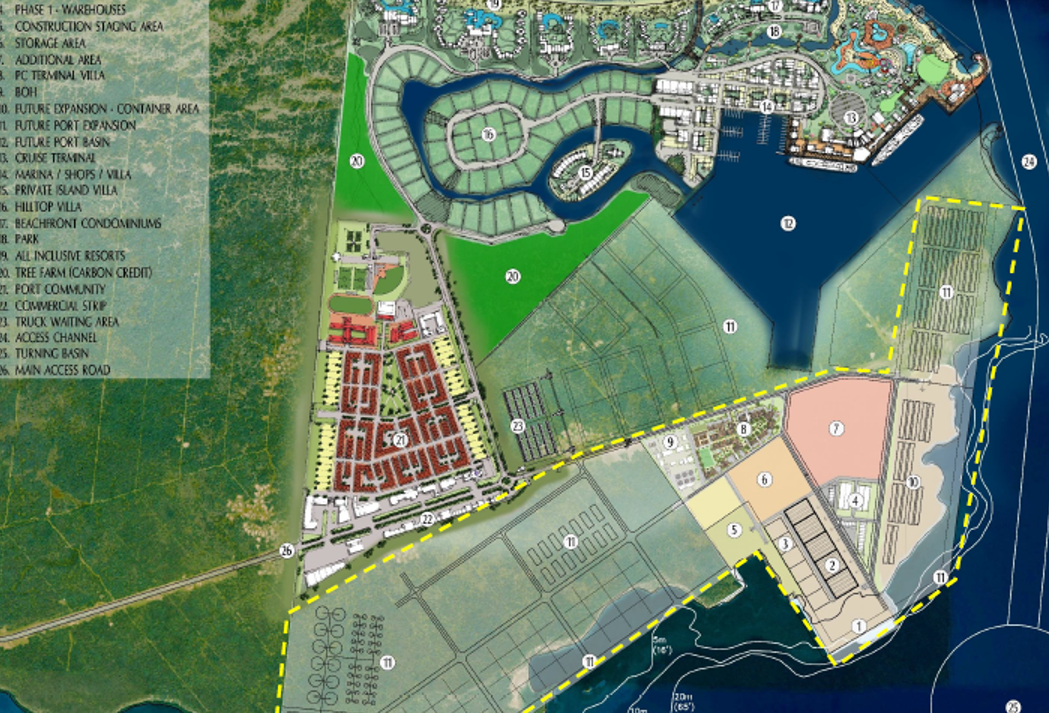Haiti, with its spectacular landscapes and rich culture, is home to a vibrant and diverse population. Haiti’s demographics are a key aspect in understanding the economic, social, and cultural development of this unique country. Discover the current numbers and trends shaping Haiti’s population.
A Snapshot of Haiti’s Population
According to the most recent estimates, Haïti has a population of approximately 12 million (2024). This figure makes it one of the most populous countries in the Caribbean region.
- Population Density: With an area of 27,750 km², Haïti has a density of approximately 430 inhabitants per km², which is relatively high for the region.
- Urban and rural distribution: Approximately 60% of the population lives in rural areas, although cities such as Port-au-Prince, Cap-Haïtien and Jacmel are attracting more and more people.
These figures reflect a constantly growing population despite economic and environmental challenges.
A young and dynamic population
Haïti is characterized by a young population, with a median age of only 23 years.
- Birth rate: Approximately 2.8 births per woman, although this figure has decreased in recent decades.
- Life expectancy: It is estimated at 64 years for men and 68 years for women, improving thanks to progress in public health.
This youth represents an opportunity for development, but also a challenge in terms of education, employment and social services.
Haiti’s major cities: booming centers
Haiti’s major cities concentrate a large part of the population:
- Port-au-Prince: The capital, with more than 3.5 million inhabitants in its metropolitan area, is the economic and cultural heart of the country.
- Cap-Haïtien: With approximately 300,000 inhabitants, this northern city is a historical and tourist hub.
- Les Cayes: With nearly 125,000 inhabitants, it is an important center in the south of the country.
These agglomerations, although dynamic, must meet challenges in terms of urbanization, housing and infrastructure.
Key figures on Haitian demographics
- Annual population growth: Approximately 1.5%.
- Literacy rate: Approximately 61%, although it varies between urban and rural areas.
- Diaspora: More than 2 million Haitians live abroad, mainly in the United States, Canada, and the Dominican Republic.
The diaspora plays a vital role, particularly through remittances, which represent a significant portion of the national economy.
Demographic challenges and opportunities
With a constantly growing population, Haïti faces several challenges:
- Education: Ensuring access to quality education for a young and expanding population.
- Employment: Creating opportunities for a rapidly growing workforce.
- Urbanization: Managing the expansion of cities while preserving the environment and natural resources.
Despite these challenges, the Haitian population is recognized for its resilience, creativity, and ability to adapt.
A promising future
Haiti’s population is a major asset for the country’s development. Its youth, diversity, and diaspora contribute to the nation’s cultural and economic wealth.
Do you have any questions or comments about Haiti’s demographics? Share your thoughts in the comments and discover why each resident is a cornerstone of this unique nation.











